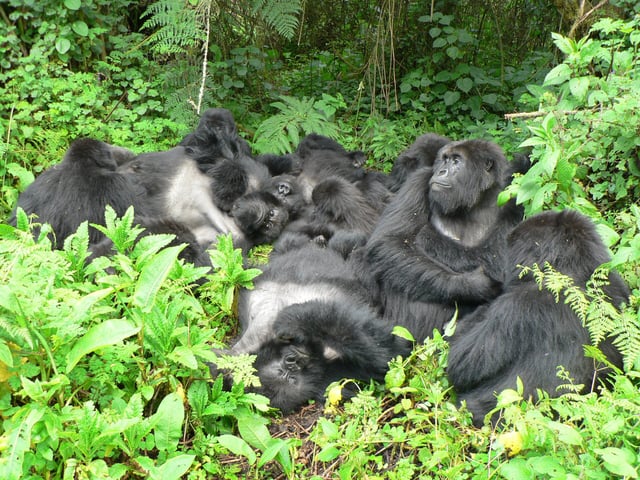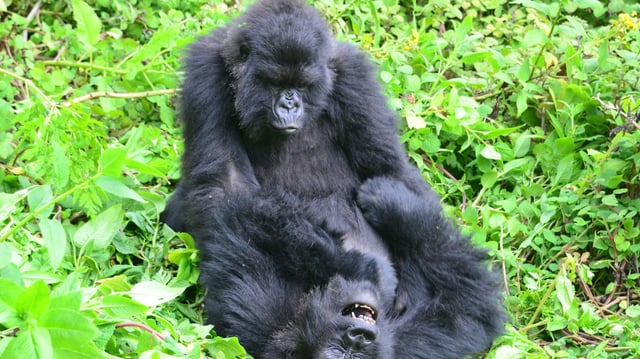Overview
- Researchers analyzed over 20 years of data on 164 wild mountain gorillas in Rwanda's Volcanoes National Park to study the effects of social behavior on health and reproduction.
- The study found that strong social bonds are linked to fewer illnesses in female gorillas but more illnesses in males, with males also experiencing reduced injury risk in fights.
- In smaller groups, female gorillas with strong social ties had fewer illnesses but lower birth rates, while in larger groups they faced more illnesses but higher reproductive success.
- The findings suggest that traits previously thought to be maladaptive, such as being less social, can offer advantages depending on the social and environmental context.
- The study, published in the Proceedings of the National Academy of Sciences, highlights the value of long-term research and includes detailed case studies of individual gorillas to illustrate diverse social strategies and their outcomes.


